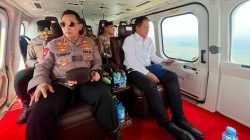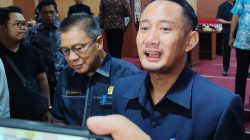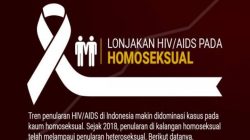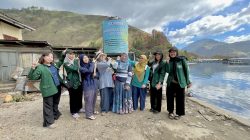A New Era of Education and Innovation in Tanzania
Tanzania is making significant strides in education and technological advancement with the launch of the Samia Extended Scholarship Programme. This fully funded initiative aims to identify and nurture top-performing form six science students, offering them opportunities for advanced studies at prestigious global institutions. The programme, officially named “Samia Extended Scholarship for Data Science, Artificial Intelligence, and Allied Sciences,” is designed to cultivate a new generation of Tanzanian experts in critical scientific fields.
The initiative targets recent form six graduates who have demonstrated strong academic performance in science and advanced mathematics. By focusing on these areas, the programme seeks to address the growing demand for skilled professionals in data science, artificial intelligence (AI), and computational science. These fields are essential for driving innovation and supporting economic growth in the digital age.
Launching the Initiative
The programme was officially launched at the Nelson Mandela African Institution of Science and Technology (NM-AIST) in Arusha. During the event, the Minister for Education, Science and Technology, Prof Adolf Mkenda, highlighted the importance of the initiative. He stated that 700 students from the 2025 form six cohort are eligible to apply for the scholarship. From this group, the top 50 students—selected from both mainland Tanzania and Zanzibar—will participate in a 10-month intensive bootcamp at NM-AIST before enrolling at leading global universities.
The remaining 650 students will have the opportunity to pursue specialized studies in science and technology institutions within Tanzania. This approach ensures that a broader segment of the population benefits from the programme, while also strengthening the local educational infrastructure.
Building a Digitally-Driven Economy
Prof Mkenda emphasized that the programme represents a new national trajectory towards a digitally-driven economy. He highlighted the government’s investment in human capital as a key strategy for ensuring Tanzania’s contribution to global solutions in various sectors, including health, education, agriculture, security, and the environment.
The Costech director general, Amos Nundu, outlined the three-phase structure of the programme. The first phase involves a national bootcamp focused on training in AI, data science, national ethics, and global awareness. The second phase includes placements at top universities such as MIT (USA), Oxford (UK), IIT Madras (India), and Peking University (China). The final phase involves local postgraduate training through international partnerships.
This structured approach ensures that participants receive comprehensive training and exposure to global best practices, enhancing their competitiveness in the international job market.
A Patriotic Investment in the Future
NM-AIST Vice Chancellor, Prof Maulilio Kipanyula, described the programme as more than just a scholarship. He emphasized that it is a patriotic investment in Tanzania’s future, highlighting the collaboration between COSTECH, NM-AIST, the Tanzanian diaspora, and international partners. This multi-stakeholder approach ensures that the programme is well-supported and aligned with the long-term vision of the country.
Through this initiative, Tanzania is not only investing in its youth but also positioning itself as a hub for innovation and knowledge in the region. By developing expertise in cutting-edge technologies, the country is taking important steps toward achieving self-reliance and sustainable development.







